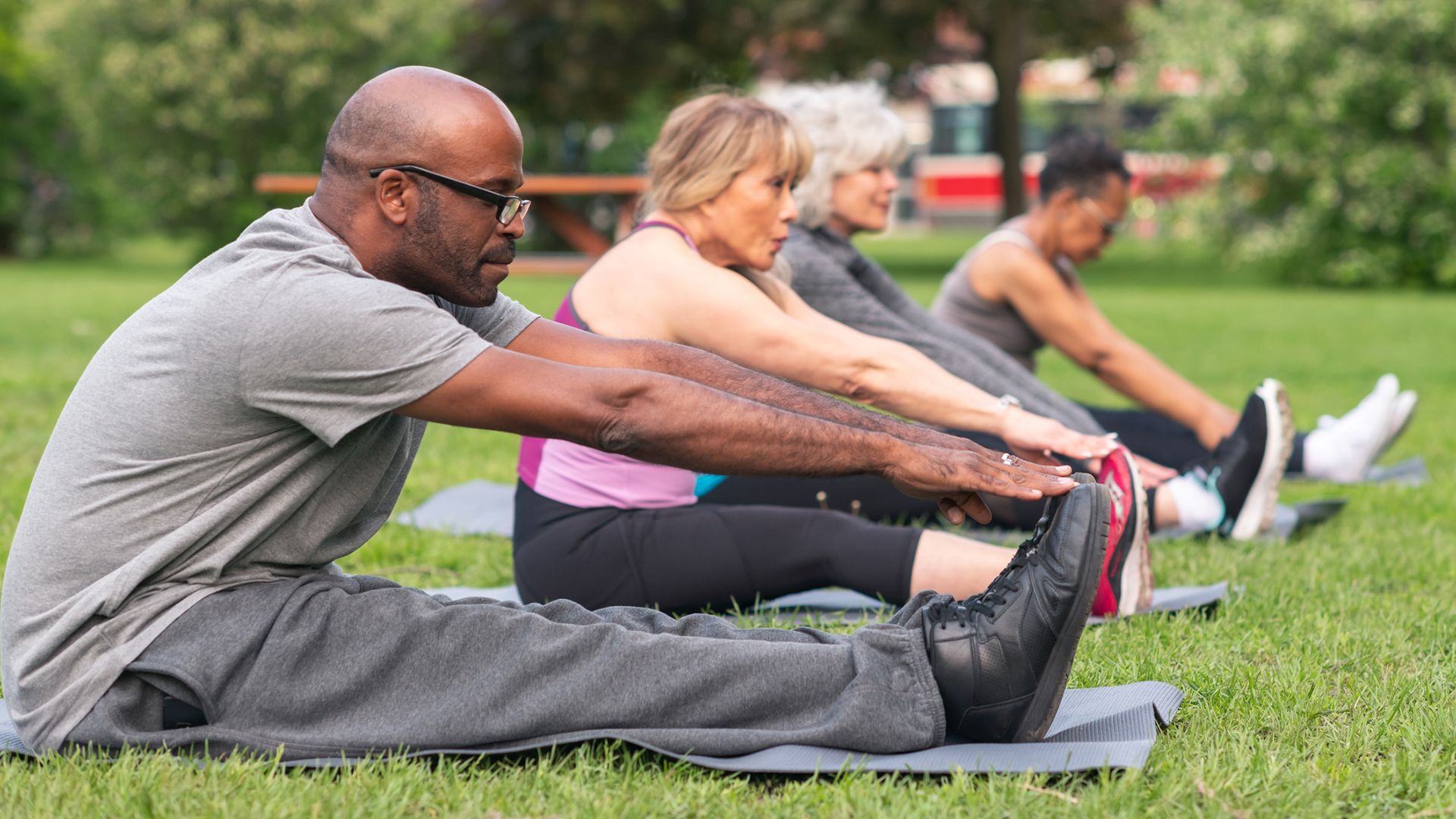Updated on October 22, 2024
"The best thing you an do is listen to your body," says Harv. In this video, he shares how he first recognized the symptoms of heart disease in himself, the steps he's taking to improve his health, and why men need to go to a doctor.

Transcript
I think that the best thing that you can do is listen to your body. [MUSIC PLAYING] So I was first diagnosed with high cholesterol
in July of 2004. My general practitioner did a lipid panel. I was getting up in age, and he thought
it would be a good idea. It showed that I had an average risk for heart disease and a heart attack. And then we came back a year later,
and I had an elevated risk. I wasn't overweight. I exercised fairly regularly.
I didn't smoke. So I thought, you know, I should be in pretty good shape. My general practitioner recommended a low dosage
of a statin. All that changed when I got admitted to the hospital. I was away on a business trip and read a newspaper article
about heart attack symptoms, and it sunk in, going, those are symptoms of a potential heart attack that I was having.
Right after the angina symptoms, I had a stent placed in me. I had a 95% blockage of my right coronary artery.
That was very harrowing of an experience. It really was. I had really never taken much medication at all.
Also, there was a bit of mental stress, thinking, you know, am I going to have another heart attack? How am I going to live through this?
Am I going to survive? My advice for others living with high cholesterol is don't just rely on the medicines alone. Do exercise.
Watch what you do as far as food intake. I think really paying attention to one's body and the signs that it gives you, because it does give you those warning
signs, is vitally important. And talking to your doctor. Don't be afraid to do that. I know a lot of guys, you know, kind of like, eh, I'm OK.
I'm a guy. And that's really important, I think, for your long-term health. [MUSIC PLAYING]




